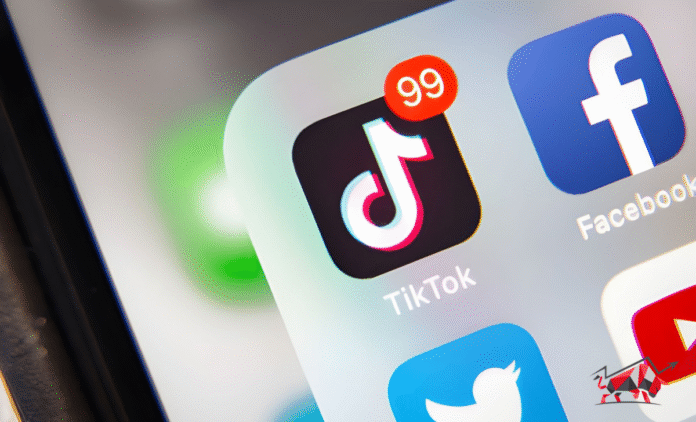Chinese social media giant TikTok has categorically denied claims that it or its owners have purchased former U.S. President Donald Trump’s official memecoin, known as the Official Trump (TRUMP) token. The platform issued a strong rebuttal Thursday via its official TikTok Policy account on X (formerly Twitter), directly addressing accusations made by California Democratic Representative Brad Sherman.
Sherman had alleged that “the Chinese owners of TikTok have announced they are buying ‘Trump Coins’ for $300 million,” an assertion TikTok called “patently false and irresponsible.”
TikTok Ban Delayed Again
The controversy emerged as President Trump signed yet another executive order delaying the ban or forced sale of TikTok in the United States. This marks the third such postponement, reportedly granting TikTok an additional 90 days to secure a U.S.-based buyer or face a nationwide ban.
Sherman criticized the repeated delays, asserting that U.S. law permits only a single extension and labeling Trump’s latest executive order as unlawful.
The GD Culture Link and $300M Crypto Move
Sherman’s remarks appear to stem from reports in May about GD Culture Group, a Nasdaq-listed firm said to be planning a $300 million investment into Trump memecoin and Bitcoin. The company, which creates AI-enhanced content for TikTok, has no formal affiliation with TikTok or its parent company, ByteDance.
Despite the lack of direct ties, Sherman claimed the move amounted to a “$300 million bribe” to Trump, given that the TRUMP memecoin was allegedly created at no cost and could financially benefit the former president.
TikTok Pushes Back
TikTok dismissed the allegations, stating they don’t align with Sherman’s own previous communications. “Congressman, claiming that the owners of TikTok are buying ‘Trump Coins’ doesn’t even accurately reflect a letter you signed last month,” the platform wrote.
The incident adds another layer of political and financial intrigue to TikTok’s ongoing battle to maintain its presence in the U.S. market amid escalating scrutiny over its Chinese ownership.


